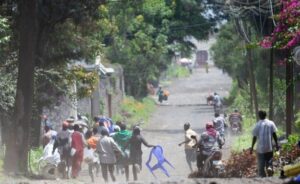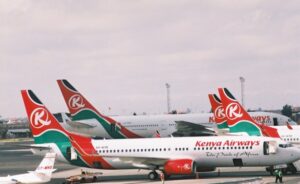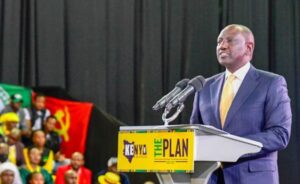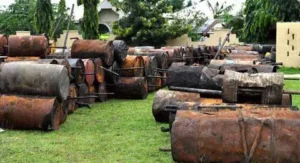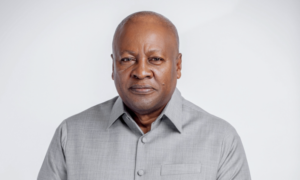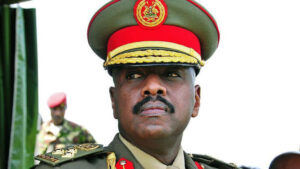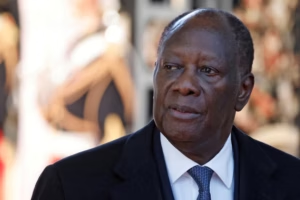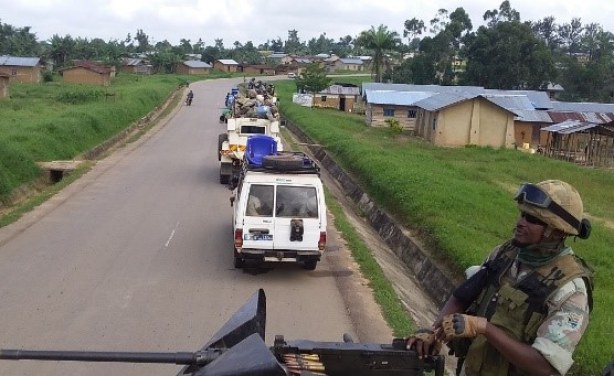
This past week, about 30 delegations representing armed groups from DR Congo’s Ituri, North Kivu and South Kivu states, as well as the DR Congo government, met in Kenya’s capital, Nairobi.
Some armed groups snubbed the Nairobi talks, while others could not attend for logistical reasons. Most notably absent was the Allied Democratic Forces (ADF), which operates near the border of the eastern Congo and Uganda.
The ADF, which has been named as a terror organisation by Uganda, was not invited.
Another significant player, the M23, left after the first day, when skirmishes between its fighters and the DR Congo army were reported in the Rutshuru region. Both sides accused each other of causing the fighting.
Some Congolese are angry that their government has engaged with the rebel groups, while opponents want them defeated militarily – ostensibly, to create lasting peace.
But many talks and negotiations have come and gone since the eastern Congo devolved into sporadic fighting, and continual instability, in the late 1990s.
AU Commission chairperson Moussa Faki welcomed a motion to deploy a regional peacekeeping force to clamp down on groups that refuse to surrender. But the move has already been criticised as unworkable.
Analyst Phil Clark from SOAS University of London, said the situation in the eastern DR Congo could not be solved by “military means,” while acknowledging that incentives such as political appointments, resource concessions and promises of amnesty have not really worked in the past either.
